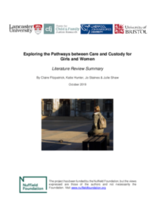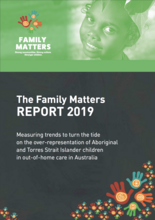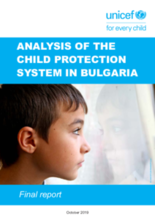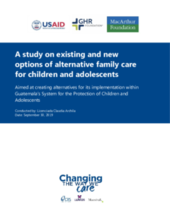Displaying 661 - 670 of 2221
The authors of this study use life course theory to explore the role of agency in shaping the educational pathways of 18 Irish adults (aged 24–36 years) with care experience.
The purpose of this study was to use record linkage of birth cohort and administrative data to study educational outcomes of children who are looked-after (in public care) and in need (social services involvement), and examine the role of early life factors.
The current study employed thematic analysis to explore Massachusetts foster youth’s academic challenges and supports through interviews with teachers, foster parents, former foster youth, and three individuals who were both teachers and foster parents.
Objectives of this study were twofold. To identify combinations of adverse childhood experiences that are associated with out of home placement (OOHP)—based on both duration of OOHP and change in actual placement during each time point, among welfare involved youth. The second objective was to understand long-term negative outcomes during adolescence that are associated with greater placement instability.
Based on semi-structured interviews with parents involved with child protective services (CPS), this study explored these parents’ self-identified parenting strengths in light of their family-of-origin experiences.
This targeted literature review seeks to explore how to disrupt the routes between care and custody for girls and women, examining the over-representation of care experienced individuals in criminal justice settings.
The Family Matters report sets out what governments are doing to turn the tide on over-representation of Aboriginal and Torres Strait Islander children in out-of-home care in Australia and the outcomes for children and their families.
This research is based on a stock-taking of the current situation. It is based on a comprehensive literature review and a genuine primary research with service users as well as policy makers, service providers, children and families.
This report from Changing the Way We Care reviews the range of available alternative care options in Guatemala and offers recommendations for additional alternative care modalities as well as deinstitutionalization and family preservation practices.
Spotlight: Child Welfare is a collaborative journalism project that aims to deepen and improve reporting on B.C.’s child-welfare system.





